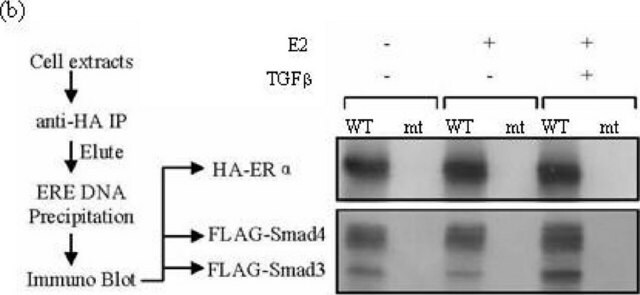H9037
Anti-HA−TRITC antibody, Mouse monoclonal
~1 mg/mL, clone HA-7, purified from hybridoma cell culture
Synonym(s):
Monoclonal Anti-HA, Anti-HA, Anti-Influenza Hemagglutinin
About This Item
Recommended Products
biological source
mouse
conjugate
TRITC conjugate
antibody form
purified from hybridoma cell culture
antibody product type
primary antibodies
clone
HA-7, monoclonal
form
buffered aqueous solution
storage condition
protect from light
concentration
~1 mg/mL
technique(s)
direct immunofluorescence: 10-15 mg/mL using mammalian cells expressing HA-tagged fusion proteins
isotype
IgG1
shipped in
dry ice
storage temp.
−20°C
Looking for similar products? Visit Product Comparison Guide
General description
Specificity
Immunogen
Application
Immunofluorescence (1 paper)
Physical form
Not finding the right product?
Try our Product Selector Tool.
Storage Class Code
10 - Combustible liquids
WGK
WGK 2
Flash Point(F)
Not applicable
Flash Point(C)
Not applicable
Certificates of Analysis (COA)
Search for Certificates of Analysis (COA) by entering the products Lot/Batch Number. Lot and Batch Numbers can be found on a product’s label following the words ‘Lot’ or ‘Batch’.
Already Own This Product?
Find documentation for the products that you have recently purchased in the Document Library.
Customers Also Viewed
Our team of scientists has experience in all areas of research including Life Science, Material Science, Chemical Synthesis, Chromatography, Analytical and many others.
Contact Technical Service








